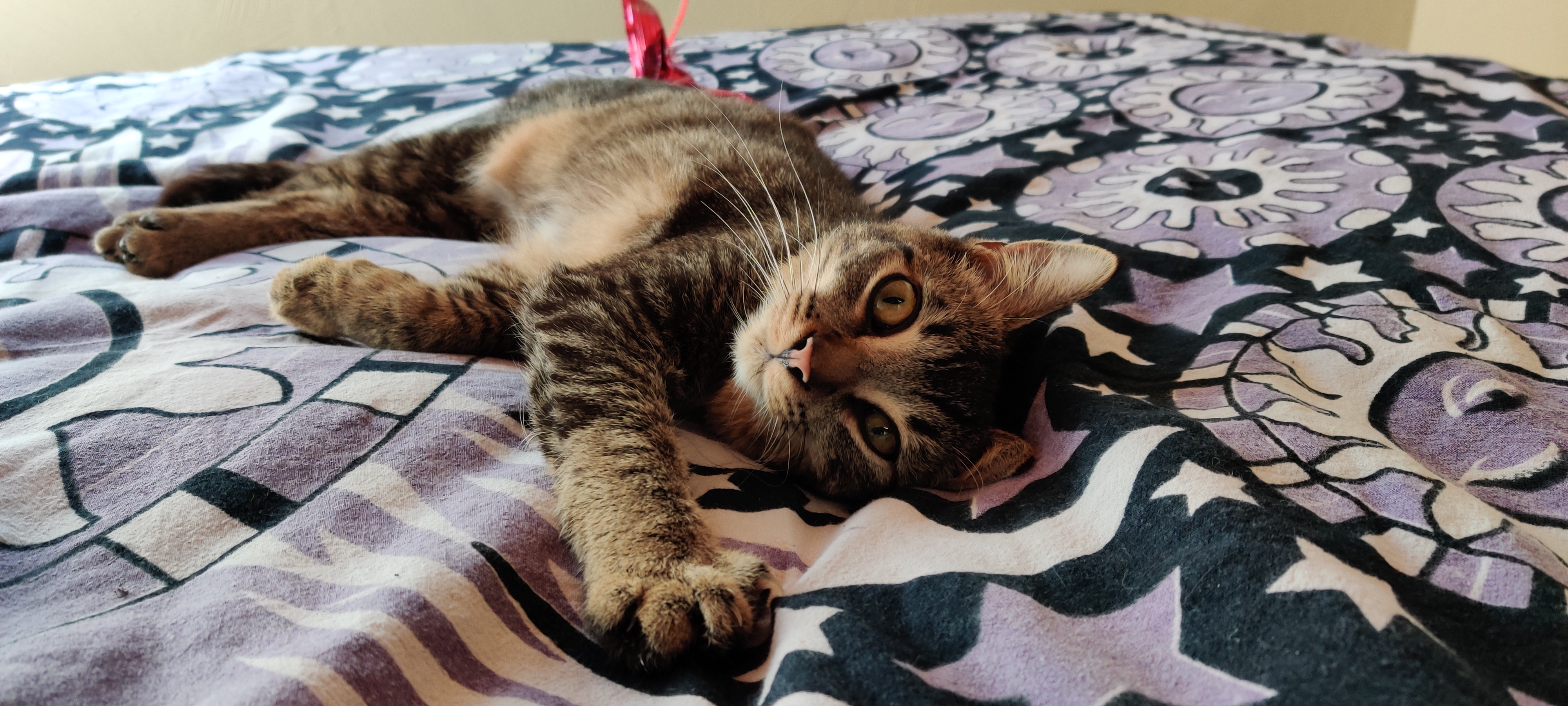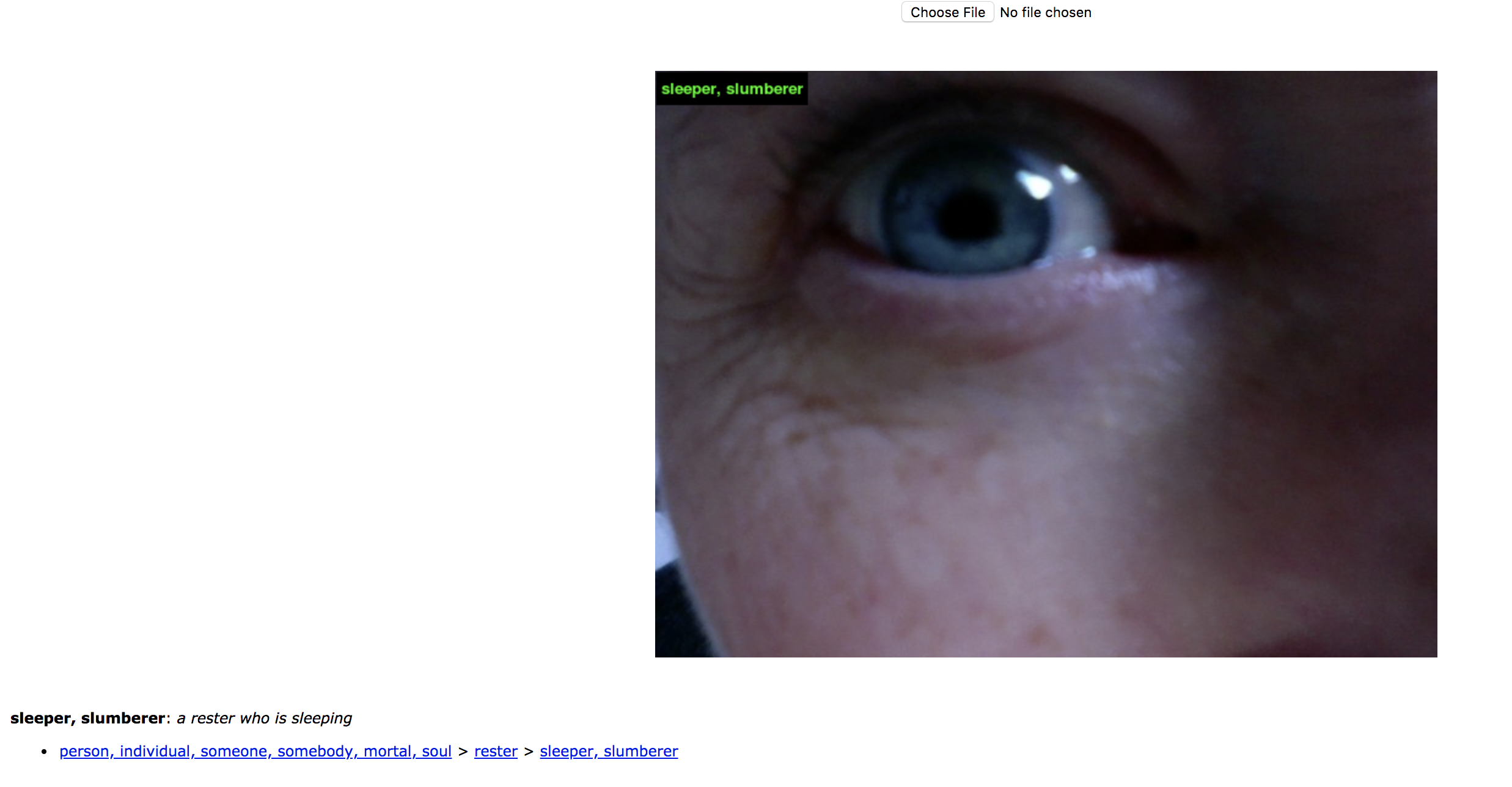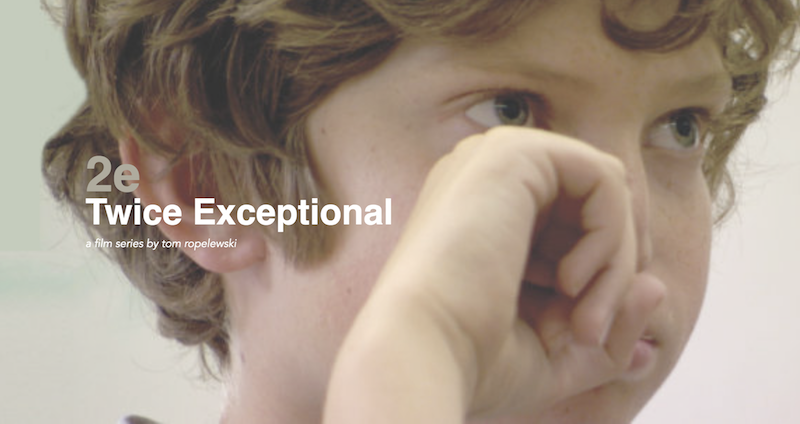Category: Health
-

Finding our Best Selves
Parenting offers us a chance to access our best selves. I believe it’s the reason why this difficult, often thankless task is one we repeat over and over.
-

When Online Communities Work
I believe that groups like the Facebook group that saved my kitten’s life are a blueprint for how things can and should work. But it will be up to us, the users of the Internet, to make it happen.
-

-

2e: Twice Exceptional Movie Review
2e: Twice Exceptional is a low-budget documentary with heart. There’s nothing fancy about this peek into the lives of twice-exceptional teens, their parents, and their teachers. But just the existence of this documentary is revolutionary enough. 2e? The average reader’s first question is obvious: 2e? What’s that? I wrote a long discourse on the topic…
-
What are your kids watching?
This one school year, I have had more students referencing violent memes, more students taking part in destructive and deceptive communities, more students writing about violent fantasies. Do you know what your child is watching?